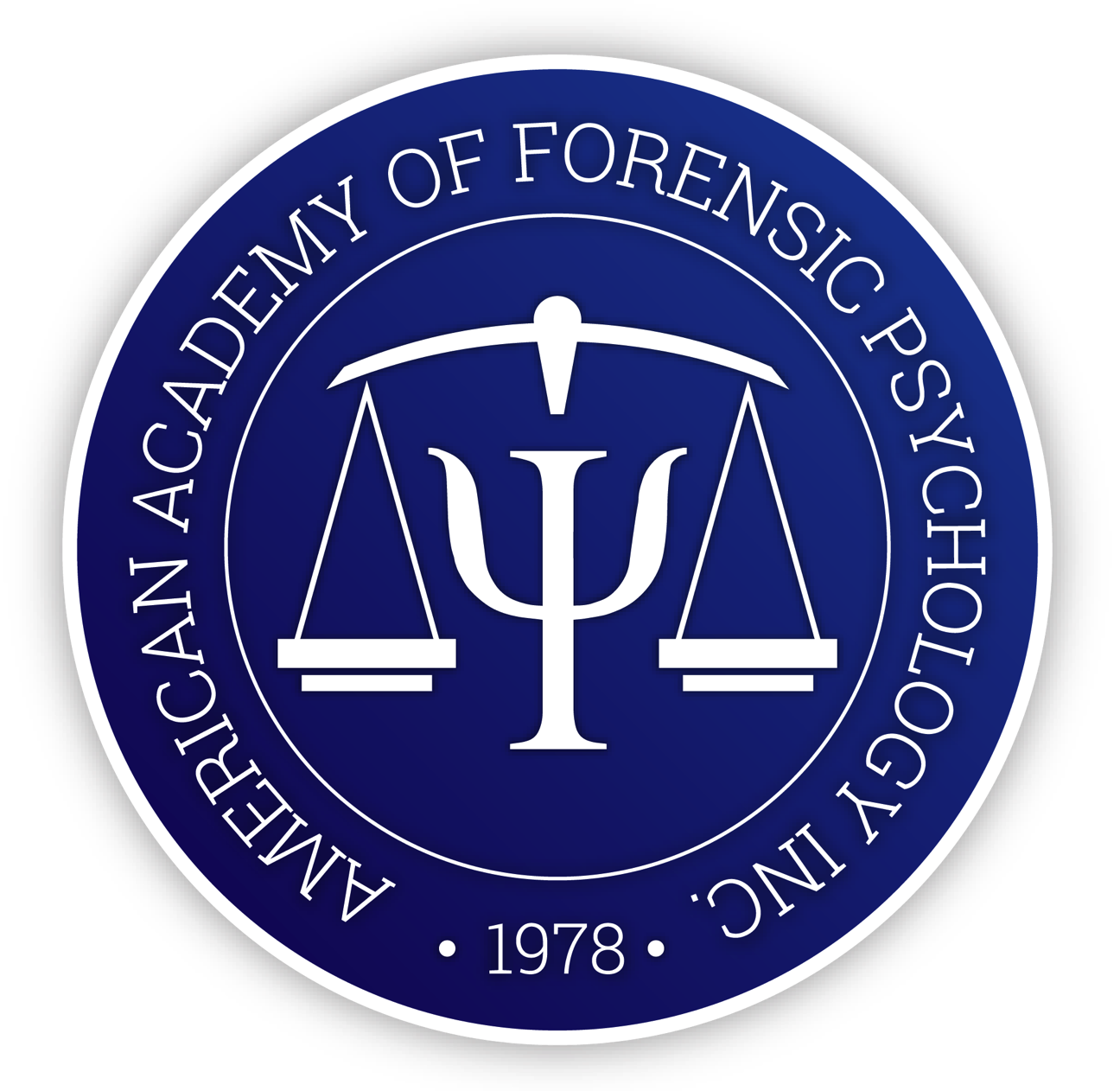4 Hours | 4 CEs
This on-demand professional training program on Evidence for Mental Health Professionals is presented by David DeMatteo, PhD, ABPP, in partnership with the American Academy of Forensic Psychology (AAFP).
This training program focuses on evidence – expert reports and testimony – provided by mental health professionals in the context of criminal and civil legal proceedings. This program provides a concise legal primer, describes the history and current roles of experts in the U.S. justice system, and examines the admissibility standards for expert evidence provided by governing case law (e.g., Frye, Daubert, Kumho, Joiner) and various rules of evidence (e.g., Federal Rules of Evidence, Federal Rules of Civil Procedure, Federal Rules of Criminal Procedure).
This program also covers other topics related to the provision of expert reports and testimony by mental health professionals in criminal and civil legal proceedings, including the various bases of expert testimony, the rule against hearsay, responding to subpoenas, ethics and professionalism, the role of discovery, testifying to a “reasonable degree of scientific certainty,” strategies for providing testimony (direct-exam and cross-exam), and expert immunity. Best-practice standards for data gathering and data presentation will also be discussed.

Intended Audience
This on-demand professional training program is intended for mental health and other allied professionals

Experience Level
This on-demand professional training program is appropriate for beginner, intermediate, and advanced level clinicians.

CE / CPD Credit
APA, ASWB, CPA, NBCC Click here for state and other regional board approvals.
Learning Objectives
Upon completion of this program you will be able to:

Describe the admissibility standards for expert evidence articulated by the Supreme Court of the United States

Describe the federal rules of evidence that govern the recognition of experts and admissibility of expert evidence

Describe the bases of expert testimony

Describe how expert evidence is affected by the rule against hearsay

Describe several ethical and professional issues associated with the provision of expert evidence by mental health professionals in legal proceedings

Describe how to collect data and present data in a manner that is consistent with best practices and likely to withstand admissibility challenges

Describe forensic practice in a manner that recognizes the diversity of the examinees and attorneys with whom mental health professionals work

Curriculum
1. Introduction
2. Legal Primer
3. Expert Witnesses
4. Admissibility Standards for Expert Testimony
5. Daubert Examined
6. Reasonable Degree of Certainty & Ultimate Issues
7. Bases of Expert Testimony
8. Subpoenas
9. Discovery
10. Cross-Examination & Expert Immunity
Develop a Specialty Area of Practice
Transforming mental health professionals into experts
Expert Instructors
Professional training developed and delivered by the field's leading experts

CE Credit
Earn CE credit for meaningful professional training that will elevate your practice
Convenience & Flexibility
Learn at your own pace, from wherever you might be!
Program Partner
American Academy of Forensic Psychology (AAFP)
We are proud to partner with the American Academy of Forensic Psychology (AAFP) for this training. AAFP is a non-profit organization of board-certified forensic psychologists whose mission is to contribute to the development and maintenance of forensic psychology as a specialized field of study, research, and practice. The Academy does this by providing high-quality continuing education workshops, providing a forum for the exchange of scientific information among its members, and conferring awards upon outstanding students and practitioners in the field of forensic psychology.

CE Sponsorship Information
Palo Alto University, Continuing and Professional Studies (CONCEPT) is approved by the American Psychological Association to sponsor continuing education for psychologists. Palo Alto University, Continuing and Professional Studies (CONCEPT) maintains responsibility for this program and its content. Palo Alto University, Continuing and Professional Studies (CONCEPT) is approved by the Canadian Psychological Association to offer continuing education for psychologists. Palo Alto University, Continuing and Professional Studies (CONCEPT), SW CPE is recognized by the New York State Education Department’s State Board for Social Work as an approved provider of continuing education for licensed social workers #SW-0356 and the New York State Education Department’s State Board for Mental Health Practitioners as an approved provider of continuing education for licensed mental health counselors. #MHC-0073. Palo Alto University, Continuing and Professional Studies (CONCEPT) has been approved by NBCC as an Approved Continuing Education Provider, ACEP No. 6811. Programs that do not qualify for NBCC credit are clearly identified. CONCEPT Professional Training, #1480, is approved to offer social work continuing education by the Association of Social Work Boards (ASWB) Approved Continuing Education (ACE) program. Organizations, not individual courses, are approved as ACE providers. State and provincial regulatory boards have the final authority to determine whether an individual course may be accepted for continuing education credit. CONCEPT Professional Training maintains responsibility for this course. ACE provider approval period: 11/22/23-11/22/26. Social workers completing this course receive (clinical or social work ethics) continuing education credits.

